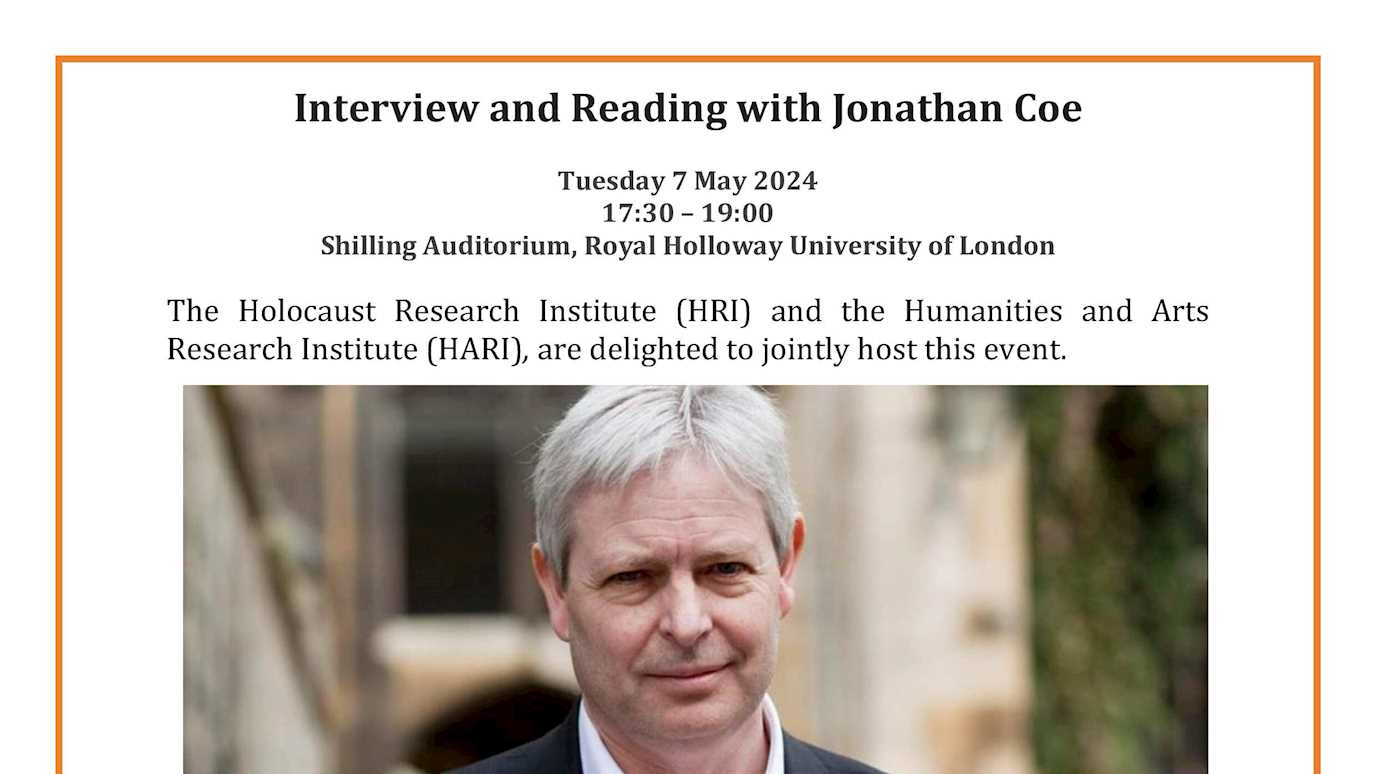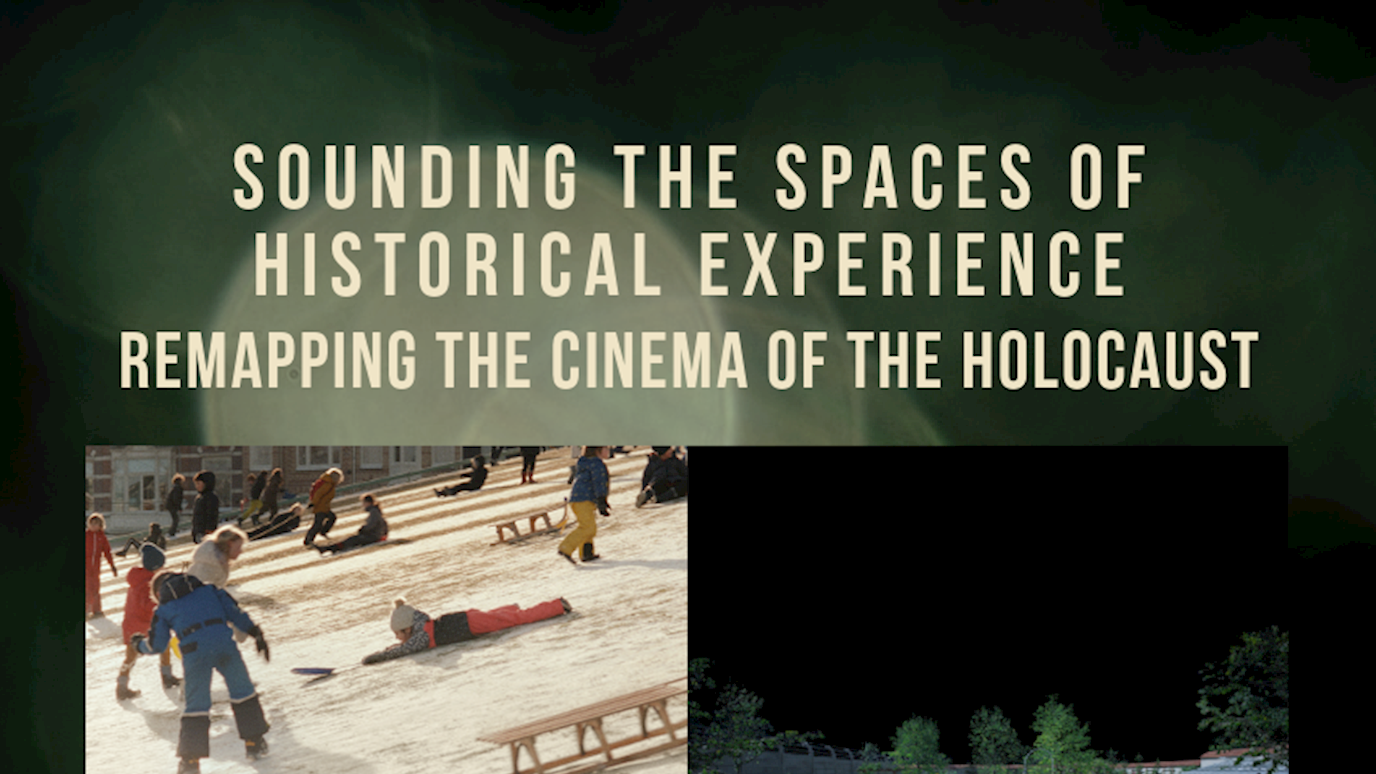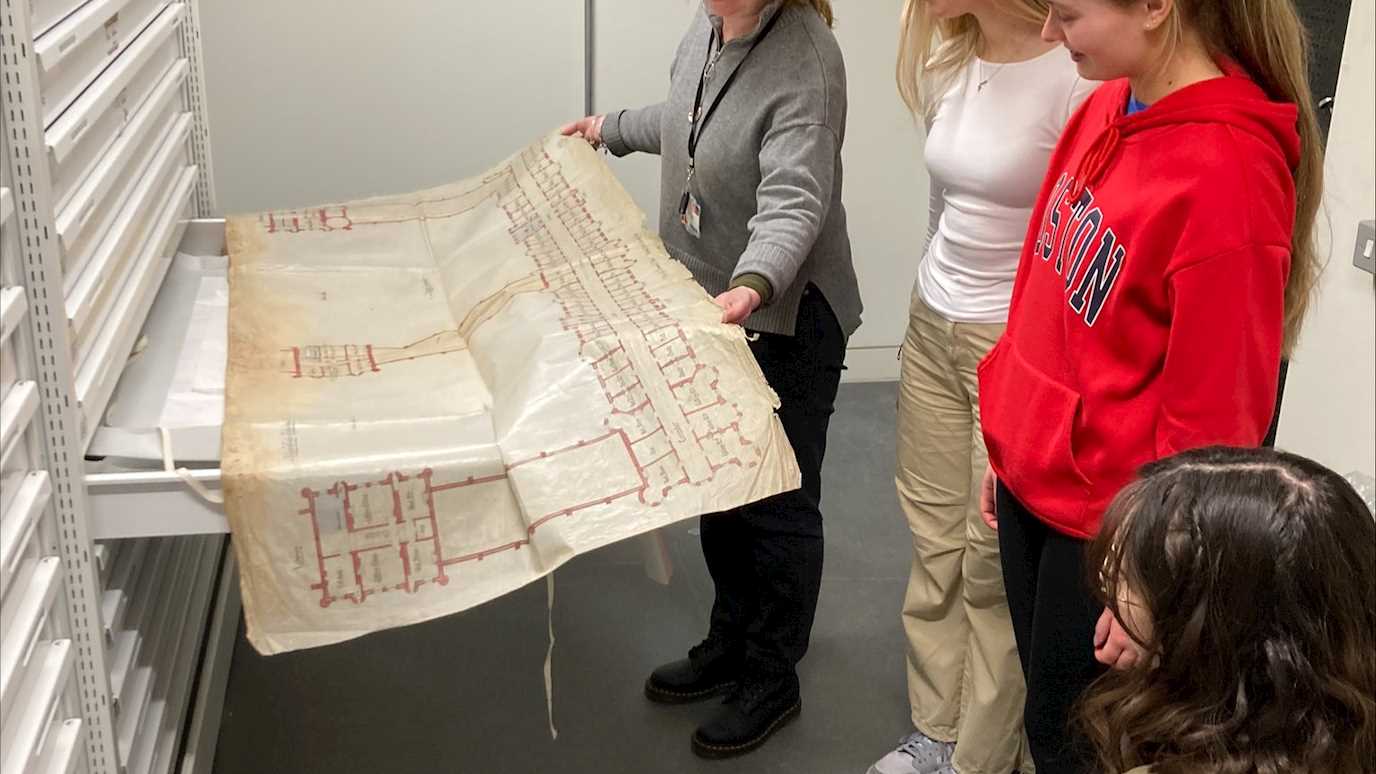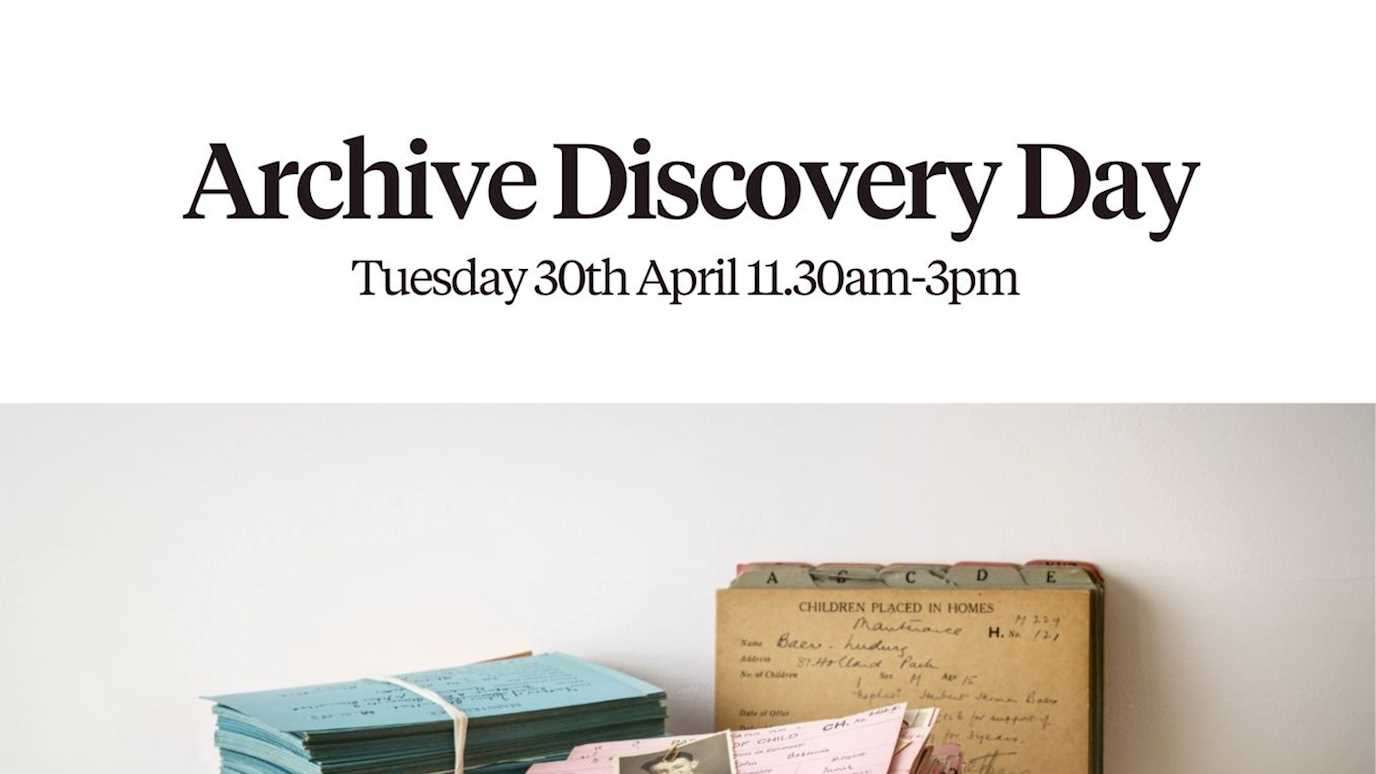Professor Sarah Ansari has recently been elected President of the Royal Asiatic Society, the first woman ever to take on this role in the nearly 200-year history of this learned society (founded 1823).
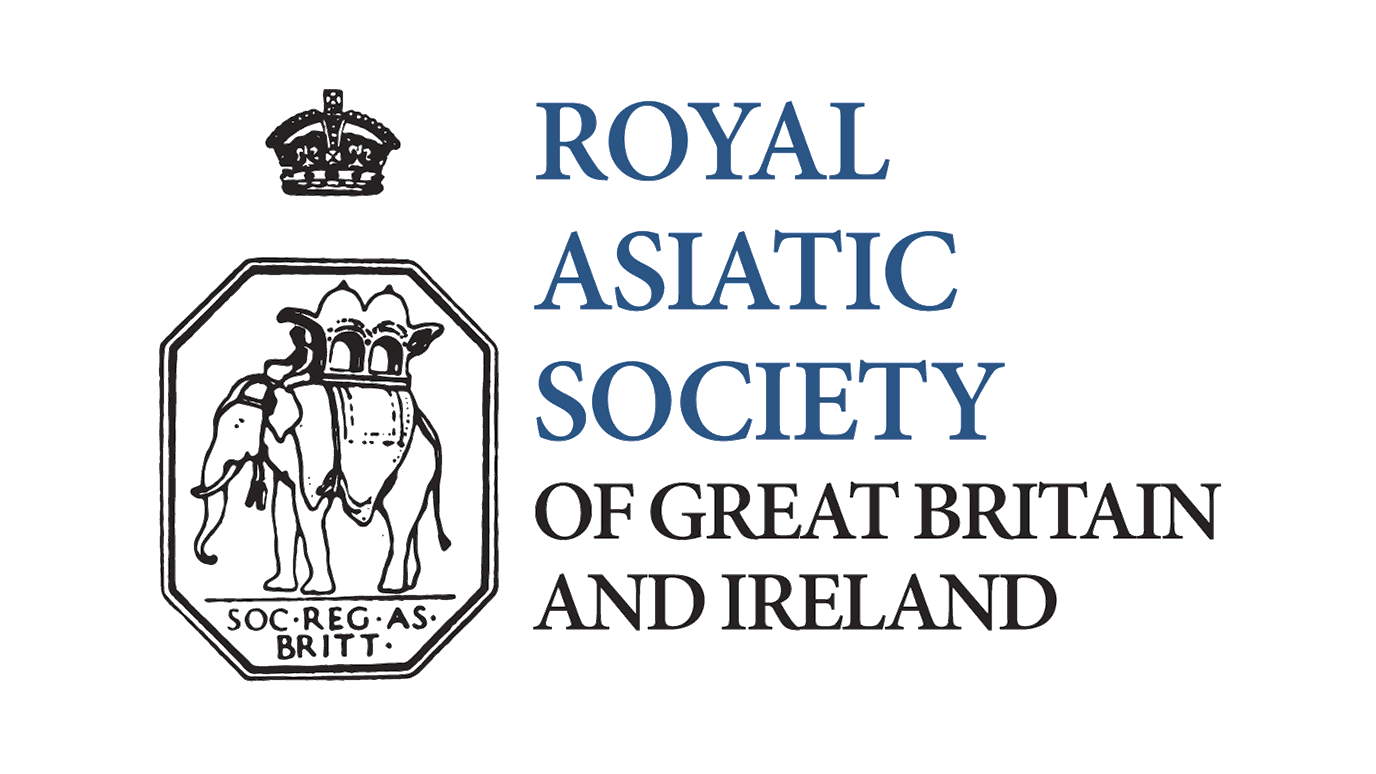
Logo of the Royal Asiatic Society
The Royal Asiatic Society was established in 1823, receiving its Royal Charter from King George IV in 1824 ‘for the investigation of subjects connected with and for the encouragement of science, literature and the arts in relation to Asia‘. As Sarah explains: “ Very much a creature of its time (we might describe it as a classic example of a learned society with orientalist tendencies), its founders comprised British scholars and colonial administrators. Later members included Richard Burton (1821-90), the notorious explorer and translator of One Thousand and One Nights and the Kama Sutra, and Aurel Stein (1862-1943), renown archaeologist of the ‘Silk Road’ whose work also focused on the art and literature of Buddhism. There were others too who hailed from Asia itself, in large part thanks to Britain's global imperial interests. Indian members, for instance, included Ram Mohan Roy (1772-1833), the early 19th-century social reformer (famous for his efforts to abolish the practice of sati), Syed Ahmad Khan (1817-98) whose 19th-century educational reform movement had significant knock-on political repercussions for South Asian Muslims, and Rabindranath Tagore (1861-1941), the hugely important Bengali writer and poet who was the first non-European to win the Nobel Prize for Literature (1913). Though unfortunately far fewer in number, there were also women members, such as the explorer Freya Stark (1893-1993) who travelled extensively in the Middle East, particularly Iran, before the Second World War.
My tenure as President coincides with the 200th anniversary of the Society's foundation, and so much of my contribution over the next three years will be to help drive and deliver the events planned to mark this. But, more broadly, I hope to see the Society engaging with an increasingly diverse range of audiences who can collectively celebrate the rich histories and cultures of Asia, past and present!










